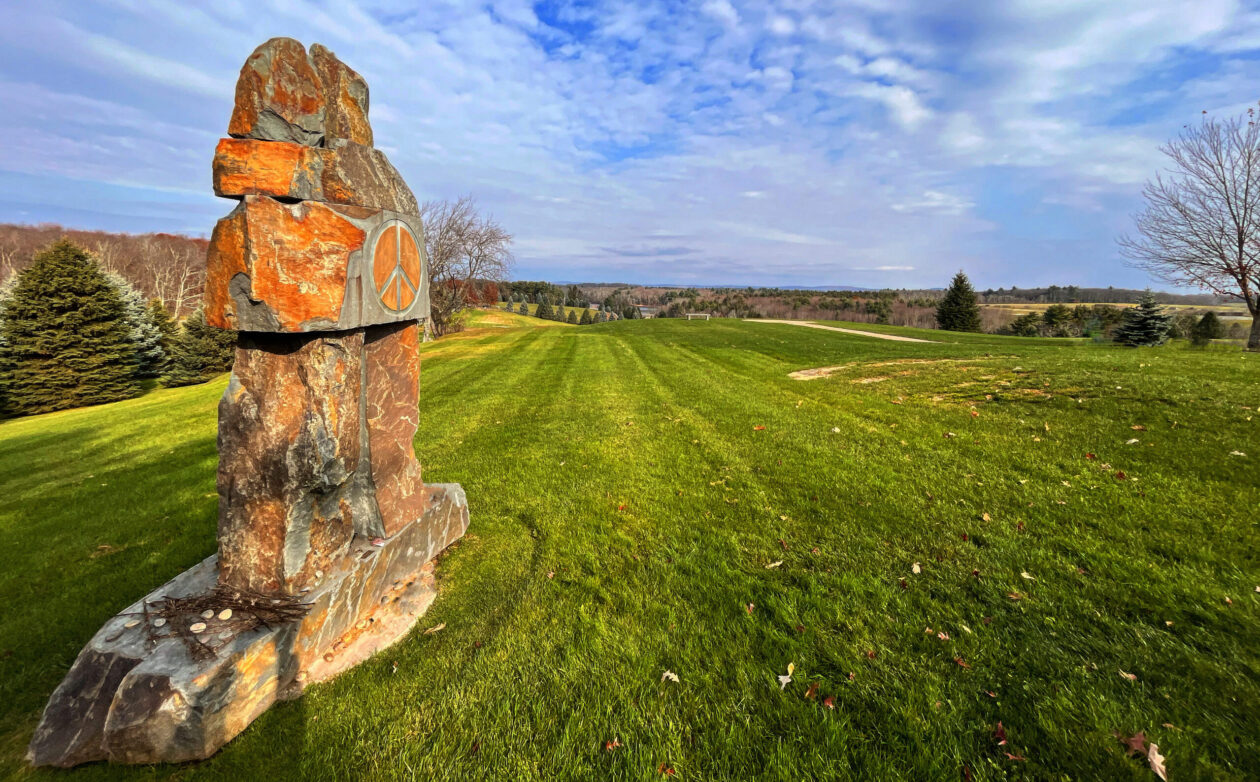Richard Rich Joffe Esq
Rich Joffe grew up in Maplewood, NJ and entered Columbia University in the fall of 1968. High school had not been the most enjoyable of years, he was more into folk at a time when rock had become king. Folk’s dominance had slowly faded since its early 60s-Hang-Down-Your-Head-Tom-Dooley-Kingston-Trio-Hootenanny high point. Many booed in 1965 when Dylan went electric at the Newport Folk Festival . Folk-rock emerged.
Richard Rich Joffe Esq
Kingston Trio to Kingsmen
Joffe had joined Columbia University’s a cappella group, the Kingsmen. Their repertoire was limited to standard pop songs, but an opportunity to record pushed them to expand that repertoire. They didn’t have far to look: doo wop only needed a bit of dusting off and was a music that emphasized harmonies.
A 1978 Harvard Crimson article wrote how George Leonard, the brother of Kingsmen Robert Leonard, arranged a “nostalgia” show and suggested that the group dress in a ’50s style.
Before the show, George also distributed a flyer that read: “So you think you’re an Ivy Leaguer? Bullshit. Underneath your button-down shirt is the eighth grade greaser standing on the corner, whistling ‘Duke of Earl’ to yourself and watching the girls go by. Come down to Ferris Booth Hall where the Kingsmen will be reliving the old days. Come dressed up.”
Joffe remembers: A big crowd came to hear us. We dressed up in what we thought were greasy clothes at the time–white shirts and turtlenecks. And this bunch of about 20 or 30 jocks were sitting in the corner, basically being rowdy during the first part of our show when we were singing all our usual corny stuff.
“When we did the five Oldies, these people went berserk. From then on, it was simply pandemonium.”
The group used that night’s energy to develop their act and costumes.
Richard Rich Joffe Esq
Kingsmen to Sha Na Na
Their local popularity grew, but their international fame came out of Woodstock. And their appeal crossed both sides of the political aisle. Hippies loved the nostalgia; older greasers loved the affirmations.
He remained a student and included study on Sha Na Na road trips. And while the band’s appeal may have originally crossed the aisle, they gravitated toward peace activism. On August 8, 1970 they appeared on the bill of a peace concert at Shea Stadium in New York City sharing the bill with Dionne Warwick, Al Cooper, the cast of “Hair,” Richie Havens. Poco, Ten Wheel Drive, Paul Butterfield and Big Brother, Creedence Clearwater, Miles Davis, the Rascals, Paul Simon, and Steppenwolf.
Richard Rich Joffe Esq
Law
After most of the members graduated, each faced a choice: continue as a commercial entity or leave and get (back?) on their intended career path. Most chose the latter. Joffee was one of them, but at the same time he and some others felt that as founders of the band the commercial entity “Sha Na Na” owed them money for the band’s ownership rights.
The suit was settled out of court. Joffe went to Harvard but took Woodstock with him. He And would take off semesters and go to auto mechanic’s and welding school. He worked as a delivery boy and a police reporter.
He received his JD from Columbia Law School in 1993. He worked for the law firm Labaton Sucharow.


Did you not even notice that the lawyer you’re talking about is Richard Jaffe, not Richard Joffe?
Thanks for catching. My bad. Corrected.
Yummy!
I wish the movie showed the entire set they did. Not just At the hop!
He was cute, especially doing Sea Cruise. Loved him doing the pirate dance.
He was adorable, great physic, tall and a great talent, both singing and dancing
He was yummy, tall with broad shoulders and great biceps.
Loved the moustache too.
I’ve known Rich since second grade and always thought it was
J-O-F-F-E . All through elementary school, Junior High School, and High School. I still think of him as “JOFF” as he was called back in the day. I owe him a letter so I’ll ask when I write.
REL
He sat right behind me in Homeroom 301, Mr, Hoffman’s Physics classroom……at Columbia H. S. It’s “Joffe” Rich Pomerantz ’68
The gentleman in that picture does not resemble Richard
I wish the pre- 1973 Sha Na Na still exsisted! Richard, Bruce Clark, Henry Gross, Joe Witkin, Bowser, Rob Lenard, Scott Powell & the rest!
I kinda agree. I do feel like the MKII lineup was pretty good, but I do wish Rob Leonard would have stayed at least. He was from my understanding the leader. Bruce Clarke was also in my honest opinion one of the best bass players I’ve heard.
Someone had to say it!
Robert Leonard was the most integral to the group to leave in 1970. I am glad he stayed longer than the likes of Alan Cooper, Joe Witkin, David Garrett, and Henry Gross (though Gross did briefly return later). Robert Leonard was basically the group’s leader and in my humble opinion at least, his vocals fit the group’s style better than Johnny Contardo’s (no disrespect to him of course) In regards to Bruno Clarke, he was extremely talented, he was the first bassist whose playing I actually paid attention to. I also concure that the MKII lineup was probably the best. I would encourage you to look at their 1970 Calgary concert and 1970 Fillmore East concert.